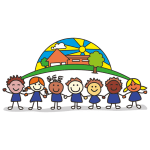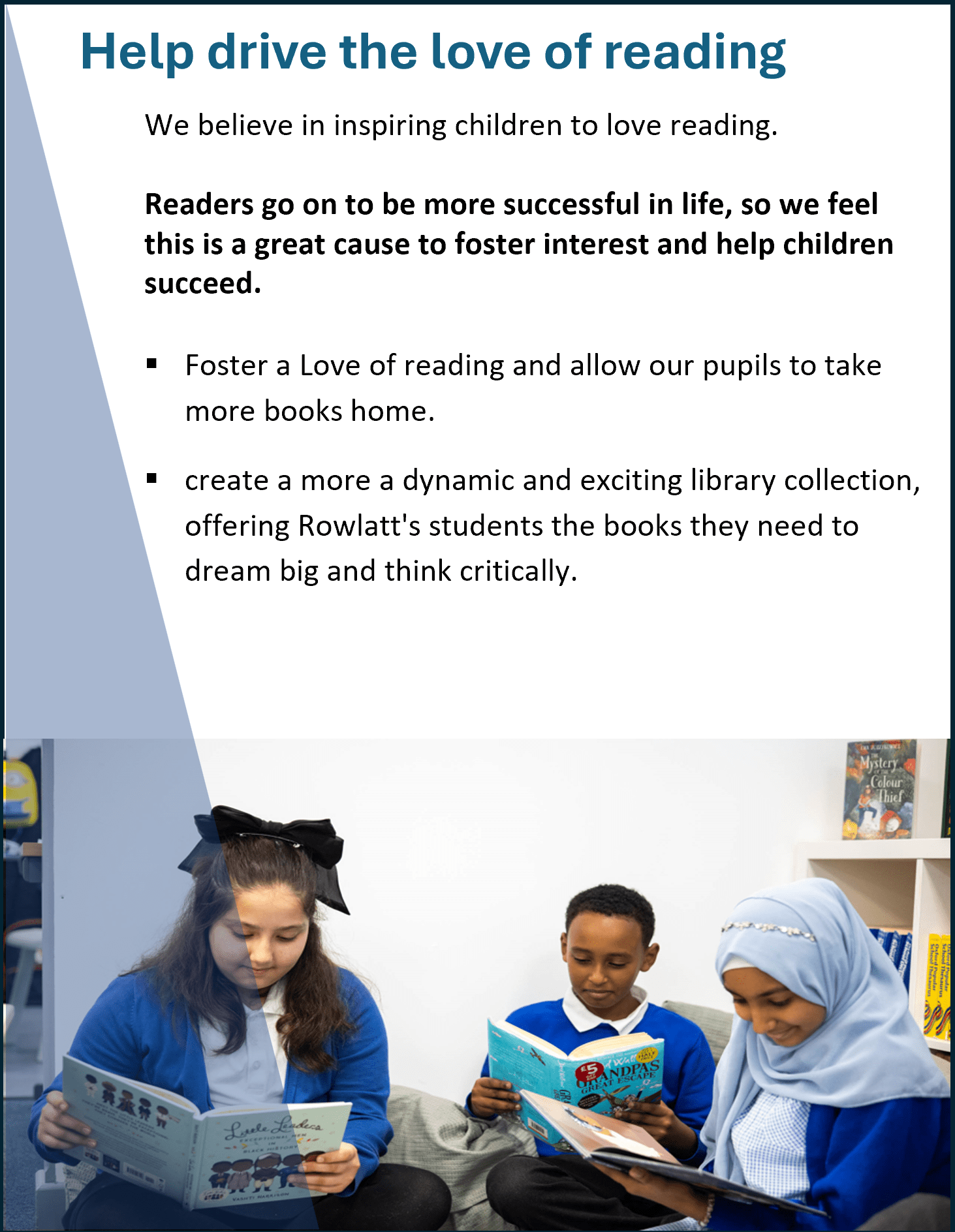Our aim is to provide children with the best possible start to their school experience and we strongly believe in developing lifelong skills alongside academic achievement.
The children follow an engaging and age appropriate curriculum with a strong focus on developing language and widening the children’s experiences.
Reading and Writing is taught through Phonics. Teachers follow the Ruth Miskin Read Write Inc Scheme.
A balance of self-chosen, play based activities and more structured adult led learning is provided, which enables all children to reach their potential.
All pupils have daily access to our well-resourced and imaginative outside learning environment, which we believe contributes to a healthy body and a healthy mind.
We highly value the important role that parents and carers have to play in their child’s education. Prior to you child starting school you will be invited to a transition meeting where we will pass on important information and also answer any questions you may have. We also offer stay and play sessions where you and your child can become more familiar with the staff and the environment. Our experience shows that this will support you and your child in making those first few days less stressful and a positive time.
Every morning we encourage parents to stay for 10 minutes at the start of the day for ‘Morning Task’ and work with their child to complete a simple activity. Staff are always available at this time to offer support and answer any questions. This means that parents can always feel part of their child’s learning and can take an active role.
Alongside this we hold 2 formal parent meetings to discuss your child’s progress and their individual needs. From time to time we also organise workshops to help parents support their child in specific areas such as reading and writing.
Learning and development in the EYFS is split into the ‘Prime’ and ‘Specific’ areas
| Prime areas | |
| Area | Aspect |
| Communication and Language | Listening, attention and understanding
Speaking |
| Personal and Social Development | Self-regulation
Managing self Building relationships |
| Physical Development | Gross motor skills
Fine motor skills |
| Specific areas | |
| Area | Aspect |
| Literacy | Comprehension
Word reading Writing |
| Mathematics | Number
Numerical patterns |
| Understanding the World | Past and present
People, culture and communities The natural world |
| Expressive Arts and Design | Creating with materials
Being imaginative and expressive |
The Early Years Foundation Stage Framework (EYFS) sets out the learning and development stages for children as they grow from birth to five years.
Children develop more rapidly during the first five years of their lives than at any other time. For those working in the early years (whether as a childminder or in a nursery, pre-school, or reception class in school), the Early Years Foundation Stage framework outlines what practitioners need to do to support your child.
Curriculum
The Early Years Foundation Stage (EYFS) has its own stand-alone curriculum for Pre-School and Reception children in primary settings. From September 2021 the EYFS curriculum is changing for all settings in England. Further details can be found by clicking on the link below.
https://www.gov.uk/government/publications/early-years-foundation-stage-framework–2
Reception baseline assessment
As from September 2021 the Department for Education have introduced a Reception Baseline Assessment (RBA) All children in reception classes will be assessed on their early literacy, communication, language and mathematics skills at some time during their first 6 weeks. This will provide a starting point from which to measure progress from reception to the end of key stage 2. Further information can be found by clicking on the link below.
https://www.gov.uk/government/publications/reception-baseline-assessment-information-for-parents
FS Leader
Mrs S Audley
Policies/Plans
Impact
Take a look at our EYFS Prospectus of the impact our EYFS provision has on children’s learning and development.

 Together We Succeed Through Challenge & Enjoyment
Together We Succeed Through Challenge & Enjoyment